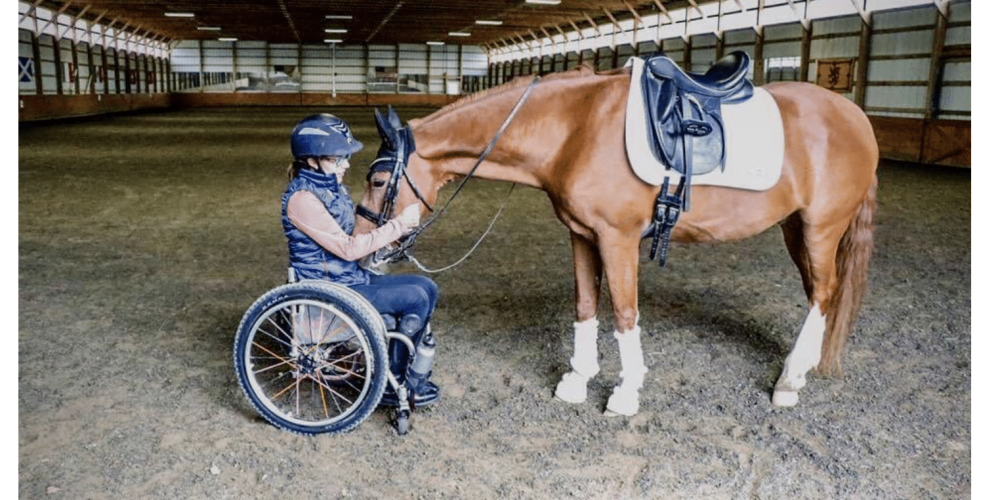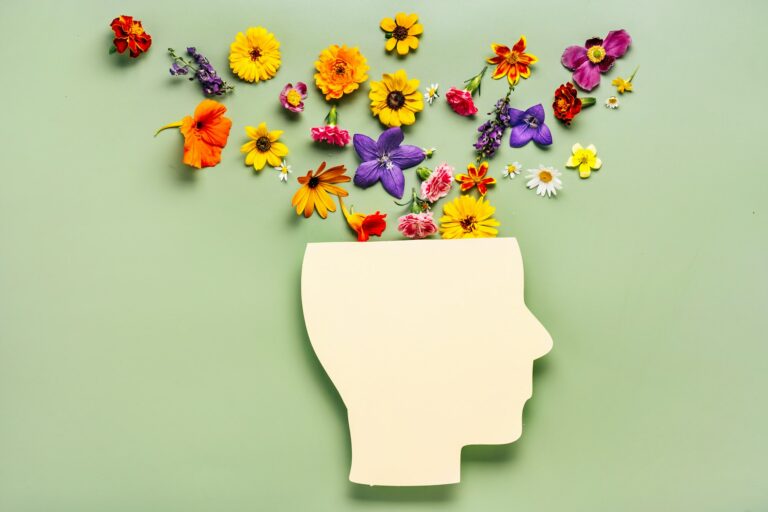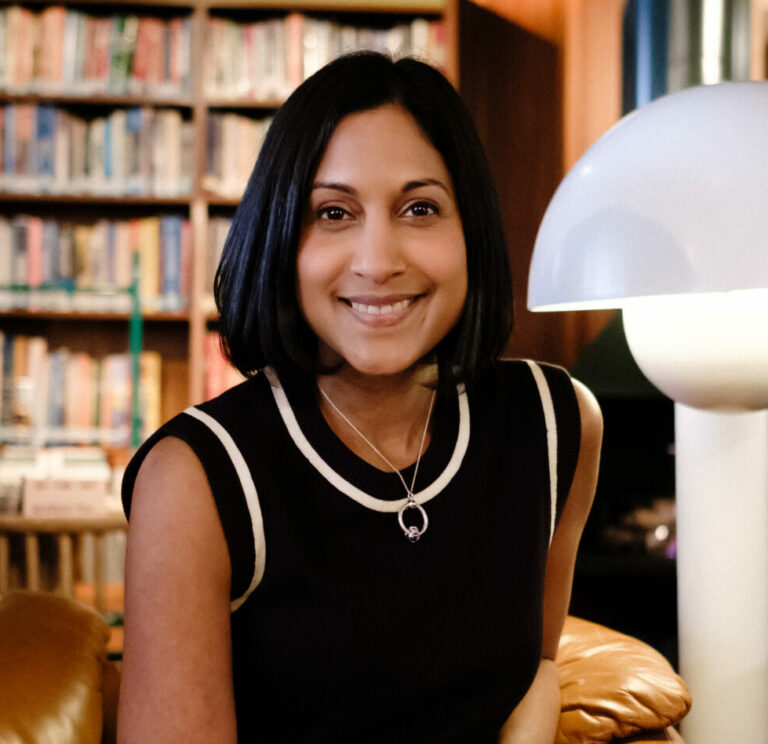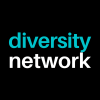
Currently working for the United States Olympic and Paralympic Committee, Alanna Flax-Clark has 17 years of experience of diversity, equity and inclusion advocacy.
When she was 13, Alanna woke up unable to walk on her right foot. After being told she had a neurological disease, she spent the next few years having treatment in hospital. Determined to graduate from high school, she then gained a degree in biology and psychology followed by a masters in education with a specialism in severe special needs. Unfortunately Alanna caught a virus that attacked her nerves and she began to show signs of quadriplegia. But something good came out of the awful experience: she was introduced to horses for her physical therapy. She took to riding so well, that she is now represents the USA in grade 2 para equestrian and was national champion in 2020.
1 You are a speaker for RespectAbility’s National Disability Speaker’s Bureau. What message do you try to put across when you are speaking?
“Advocating for equal access for people with disabilities is a passion of mine. Did you know that one in four adults living in the United States have some sort of disability? The work done under the guise of accessibility benefits many more people than first considered, thanks to what is referred to as the curb cut effect.
Curb cuts are the little slopes from a pavement to the road, usually at designated crossings. They are so ubiquitous nowadays that you probably take them for granted. But it wasn’t long ago that pavements ended abruptly at the roadside, making it difficult for wheelchair users to cross safely. Thanks to activists like Ed Roberts and John Hessler who campaigned to get curb cuts implemented in their local area, and a wave of activism supporting the Disability Rights Movement in the decades that followed, curb cuts today are mandatory in many countries.
Angela Glover Blackwell, founder of PolicyLink describes the curb cut effect: ‘When the wall of exclusion came down, everybody benefited—not only people in wheelchairs. Parents pushing strollers headed straight for curb cuts. So did workers pushing heavy carts, business travelers wheeling luggage, even runners and skateboarders. A study of pedestrian behavior … revealed that nine out of 10 “unencumbered pedestrians” go out of their way to use a curb cut.’
Having an accessible world is not just good for people with disabilities but for all people. Consider planning to build physical, learning, and work environments so that they are usable by a wide range of people, regardless of age, size, or disability status. Like the curb cut, you’ll see that this promotes access for individuals with disabilities, while also benefitting many others.”
2 You received a double major degree in biology and psychology at university and hold a M.S.Ed. specializing in children with severe special needs. You now work full time for the United States Olympic Paralympic and Committee and do freelance work for TD Bank’s Diversity & Inclusion Team. What is it like working full-time as a disabled person? Have you found that you’re able to ask for specific accommodations and have your requests met?
“I feel very fortunate to be employed and doing work that I’m passionate about. The COVID-19 pandemic has been a difficult time for everyone, but interestingly it brought about a shift in the work environment that showed employers it was possible to be productive in a work from home environment. As a result, I am able to work from home for all my work hours.
I have also always been very open about my disability with my employers. I feel that if you are upfront about your disability and needs, people are often more accommodating and understanding. Though as an employer, you must accommodate a qualified person with disabilities unless undue hardship occurs, I always prefer to have an open relationship in case something more out of the norm comes up. My employer and coworkers have always been willing to accommodate and support me in any way possible. Currently a couple of accommodations I have are a flexible work schedule when needed, accommodations on my computer for my dexterity, taking breaks during the day if need be.
Remember, the employment screening process doesn’t allow employers to discriminate against applicants on the basis of a disability, but asking for an accommodation requires being transparent about your condition and any limitations. There are 61 million adults in this country living with disabilities, and having this conversation should not be a point of shame.”
3 You became a grade 2 para equestrian after going through equine assisted therapy. How has sport helped you, as a person with a disability?
“There’s no doubt that the horses in my life have changed me emotionally and physically. They’ve improved my core strength, balance, fitness, and focus. More than that, though, they allowed me to find my voice and speak again, increased my self-confidence, and allowed me to participate in life. I went from being shy and unsure of who I was to finding a new passion that led me to explore life again.
Instead of staying home all day, I started to hang out with friends again; I began to do my own laundry; and cook my own meals. I strived for the independence I once had. As I transitioned from therapy to sport, I discovered more of my independence and was able to get my driver’s license again and learn how to drive an adapted vehicle, apply for jobs, and discover who I was as an individual with a disability. The skills I learned through sport and working with the horses transferred over to everyday life skills and once again I was learning to smile and enjoy life.”
4 Do you think para-equestrian dressage is accessible for everyone? If so, how? If not, in what ways do you think the sport can improve its accessibility?
“Para-equestrian dressage is extremely accessible for everyone, whether you want to take part recreationally or competitively. It is the only equestrian discipline that is included in the Paralympic Games, where it has been a regular fixture since 1996. With the idea of creating opportunities for all people with impairments to compete and achieve their goals in equestrian sport, athletes are classified according to the level of their impairment so as to provide an equal playing field.
I have tried a variety of para sports but find para dressage unique as it provides me with the opportunity to be recognized by my ability—not my disability. It pushes me to be the best athlete I can be. Competitive dressage has also introduced me to a community of other dressage riders, many from my own barn, whom I both compete against and enjoy the support of. The awesome thing about this sport is that you can compete against para riders and able body riders.
The horses are also one of the best things about this sport. Though they are huge, athletically superior animals, they want to be your friend. They are incredibly forgiving and fill in places that we’re not capable of filling ourselves. They give people a new hope, a new lease on life. They really want to please you and to get along. For a person with a disability, they learn to communicate with you in ways that you never thought possible. The trust that you place in your horse, and relationship and bond that is formed is something that can’t be replaced.
Furthermore, this sport has no endpoint. You are constantly learning and taking on new challenges. That is what makes it new and exciting every single day.”
5 You were not born with a disability but acquired a neurological disease later in life. What message would you like to share with Diversity Network’s readers?
“There is no challenge that’s too hard to overcome. As long as you put in the work, anything is possible. For me, this took finding my passion through sports and an active lifestyle. Sports are important for all people; but for disabled people it’s extremely important that sports are made accessible. Participation in sports at any level increases self-esteem, encourages independence, and enhances a positive quality of life. Add to that, discovering your passion and you will find greater happiness and purpose in life. Find that thing that makes you feel proud and comfortable in your skin. What makes you feel like you can go out and shine?”





